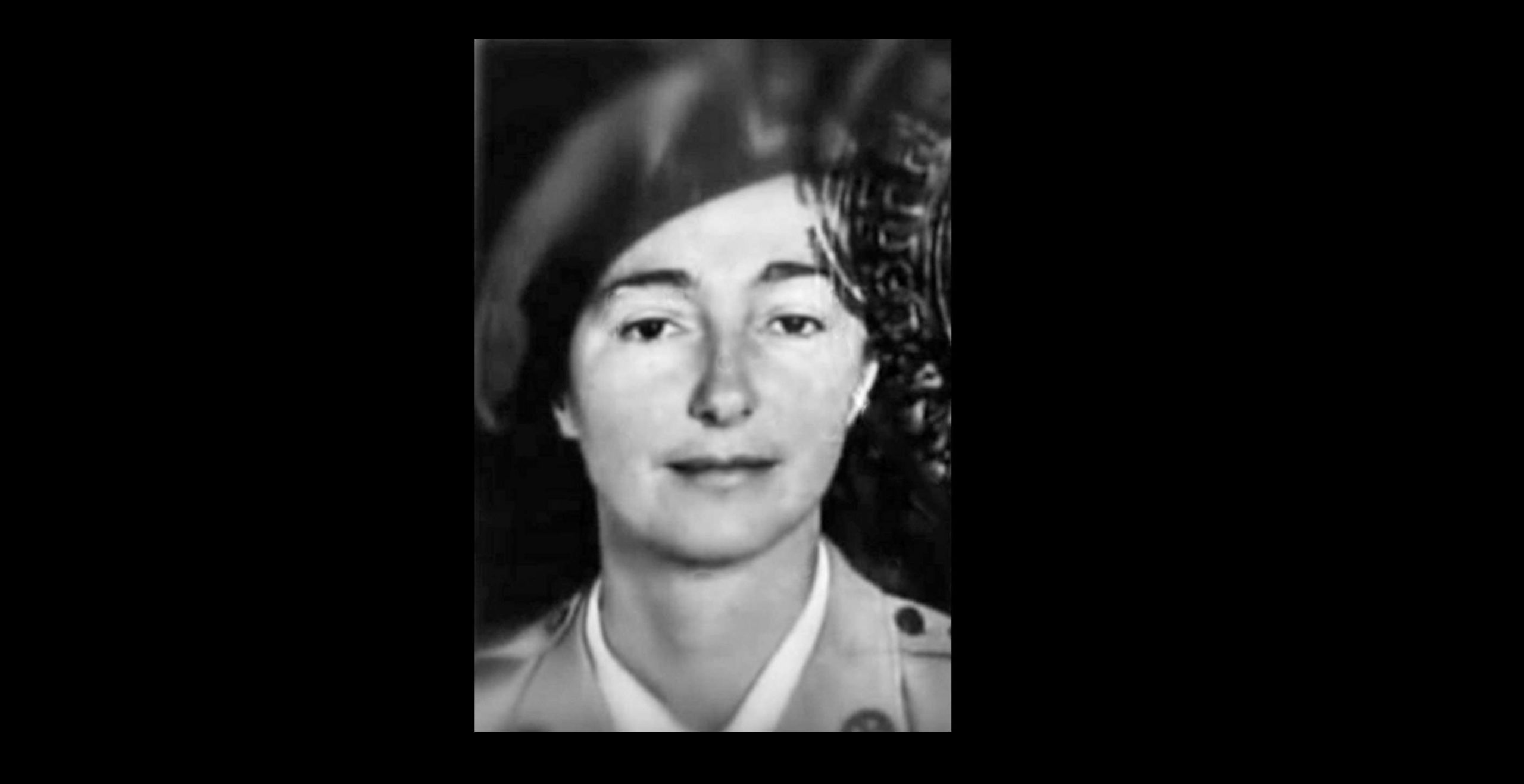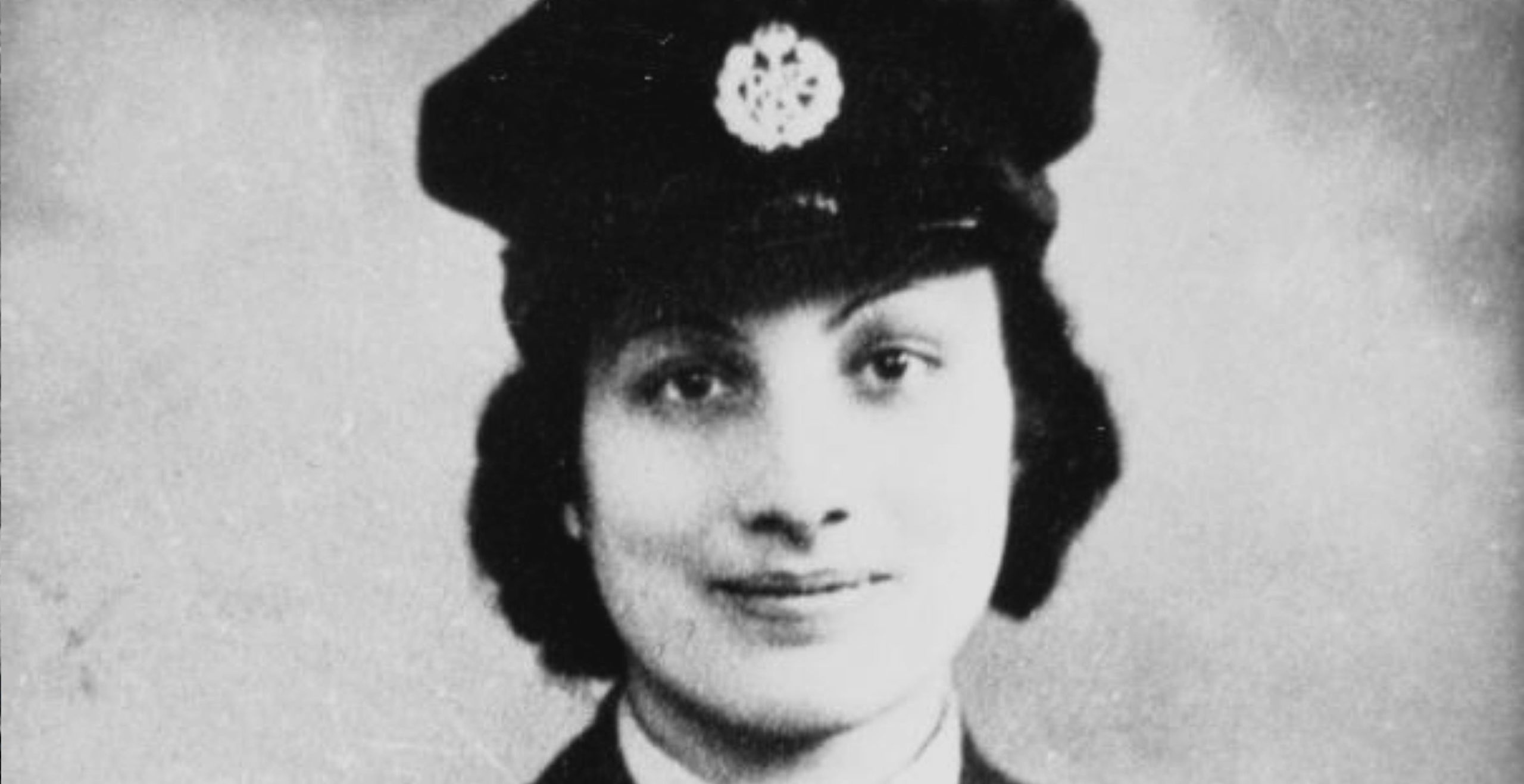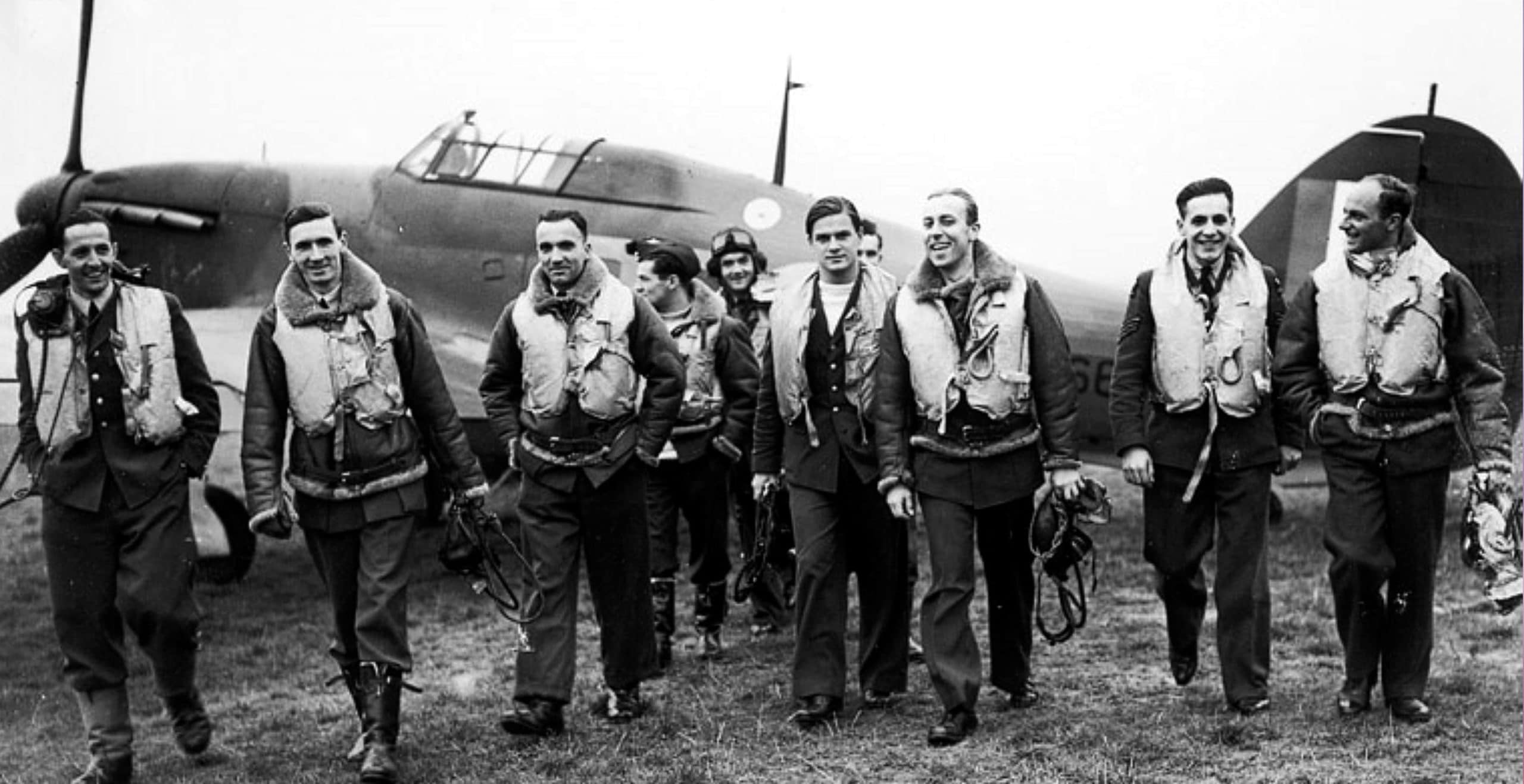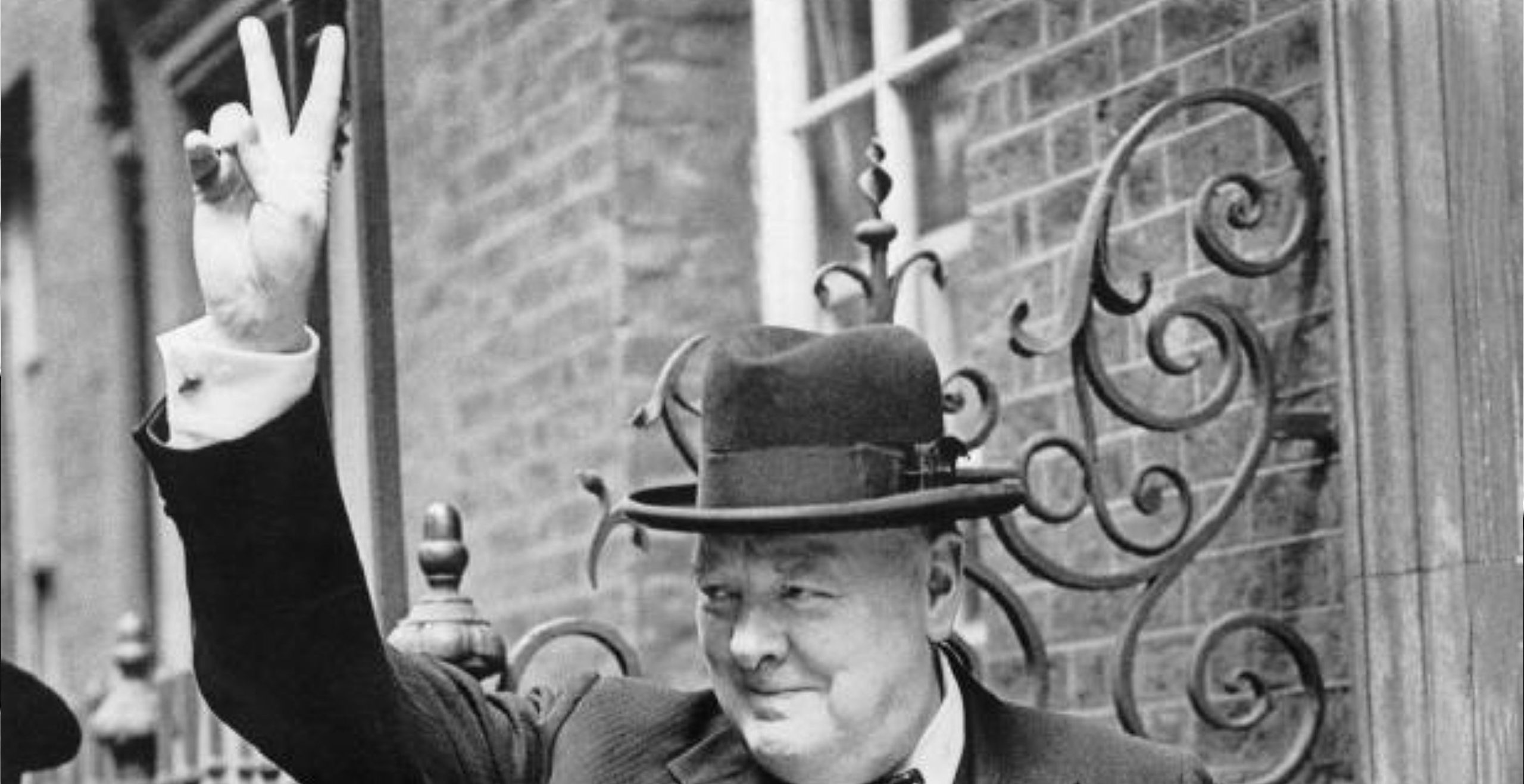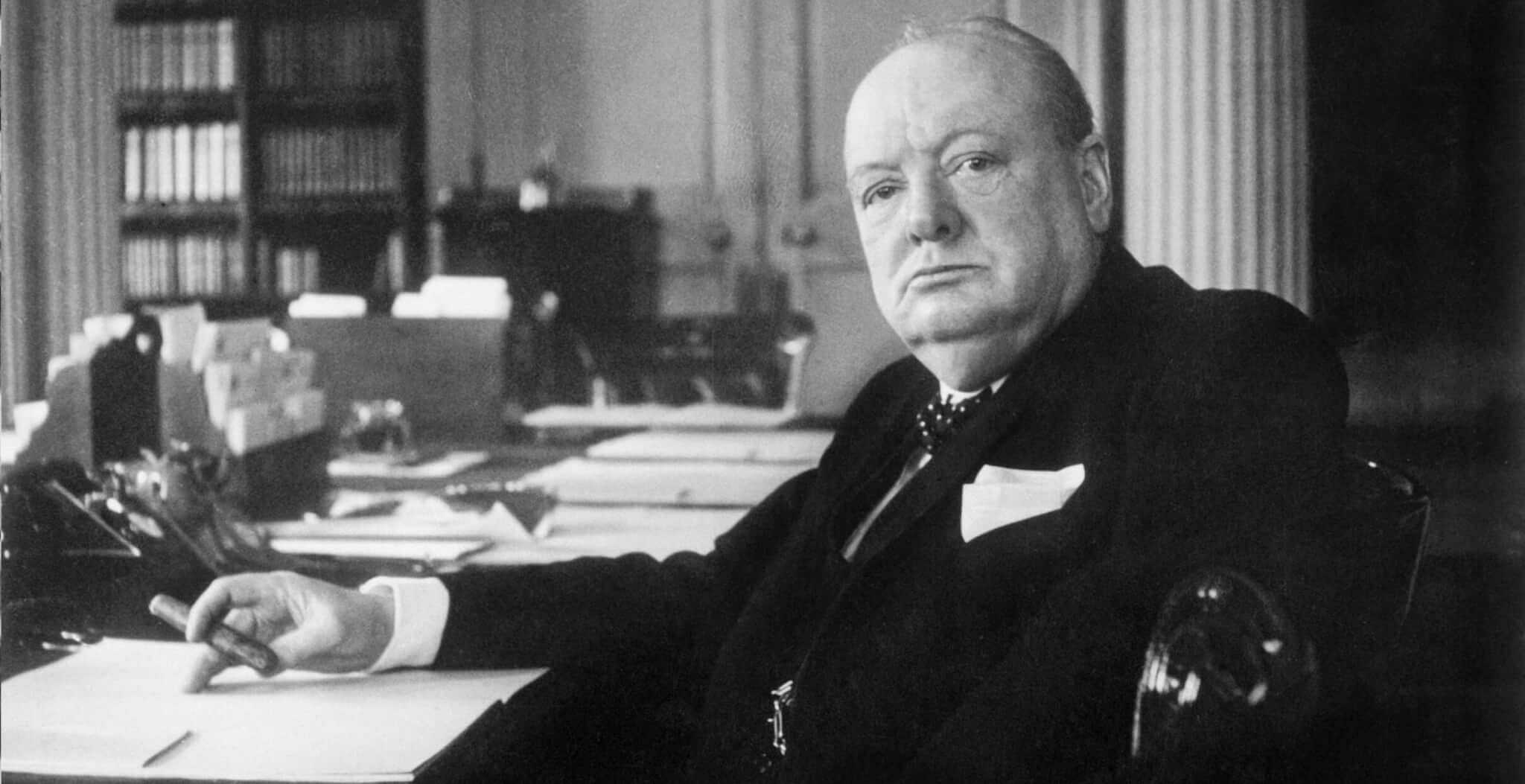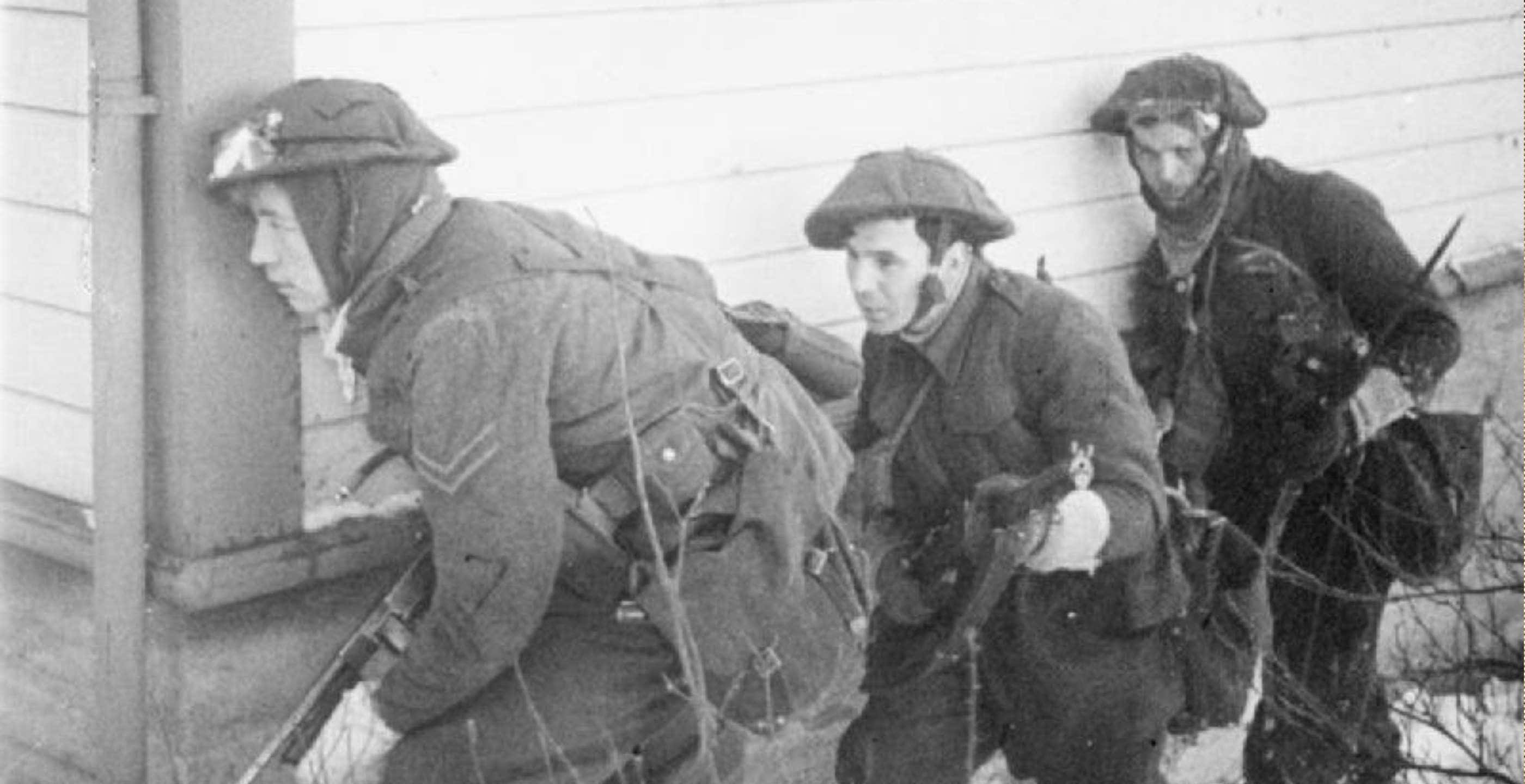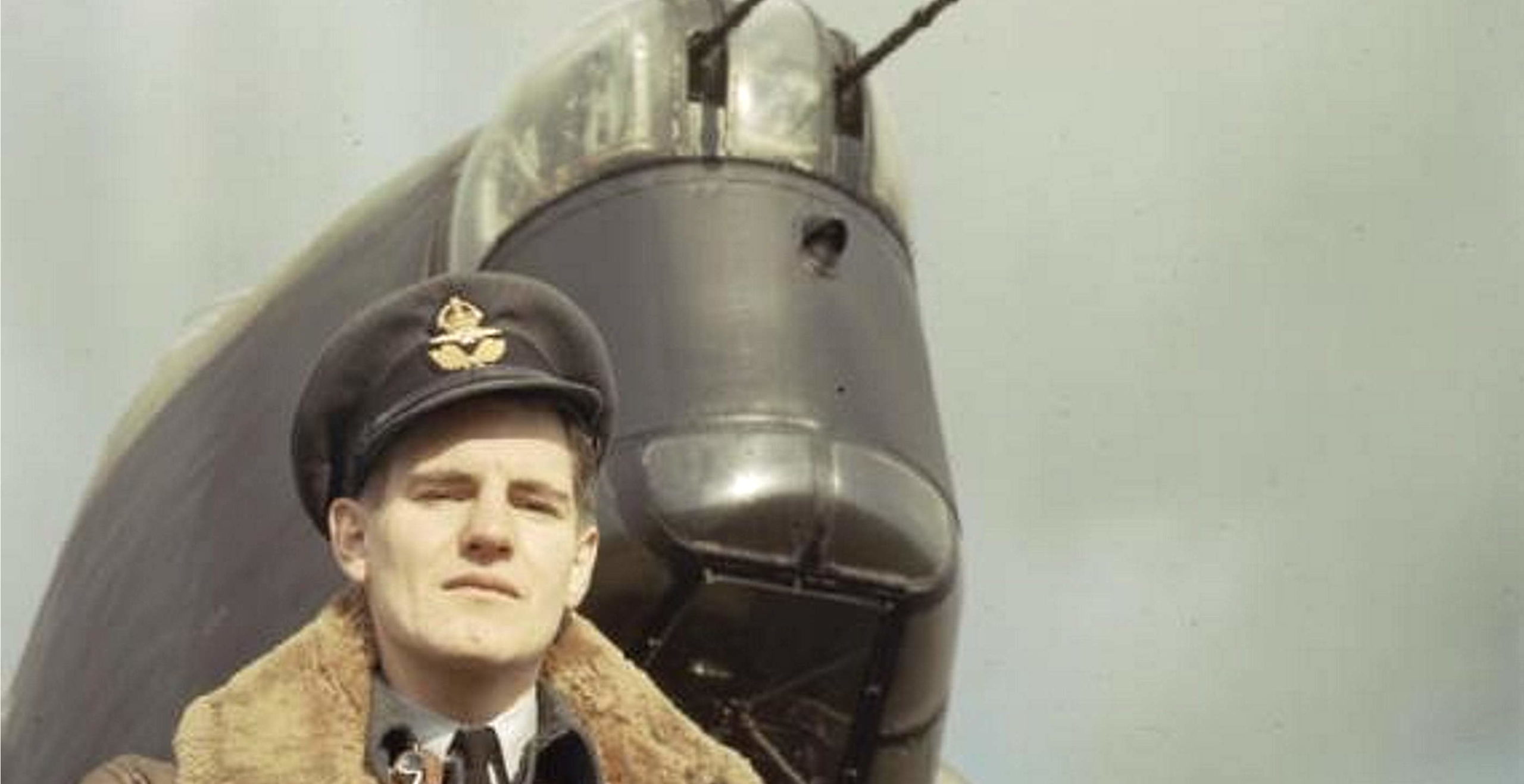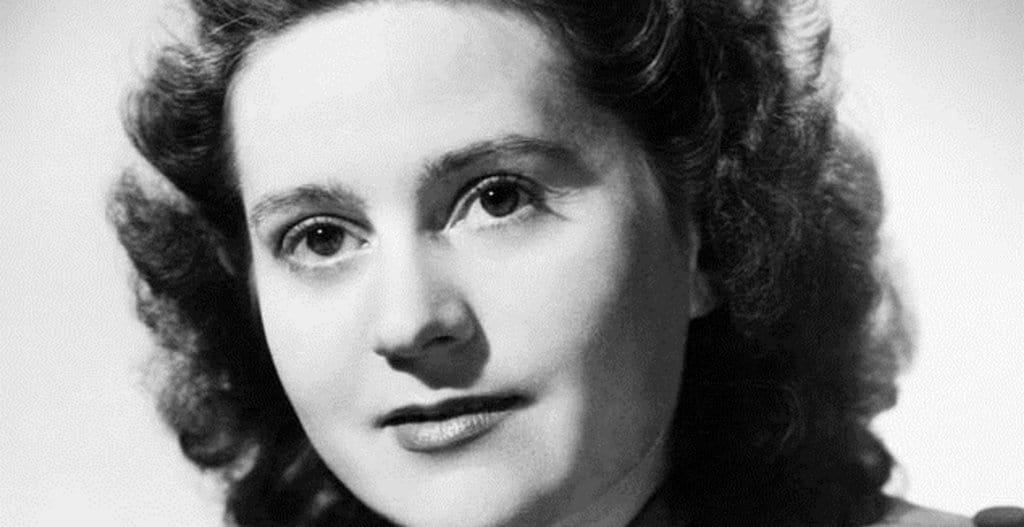Krystyna Skarbek, better known in England as Christine Granville, was a Polish secret agent who worked for British Special Operations Executive (SOE) during the Second World War and whose bravery was demonstrated countless times as she risked her life in Nazi occupied Europe.
She was born Maria Krystyna Janina Skarbek in Warsaw in May 1908 to a Polish aristocratic father, Count Jerzy Skarbek and his Jewish wife, Stephanie Goldfelder. From a young age she experienced the pleasures of a wealthy upper class upbringing, spending much of her time on a country estate where she learnt to ride and use guns.
Young Krystyna would also exhibit great beauty from a young age. Her good looks would earn her the reputation of being Britain’s most “glamorous spy” later in life.
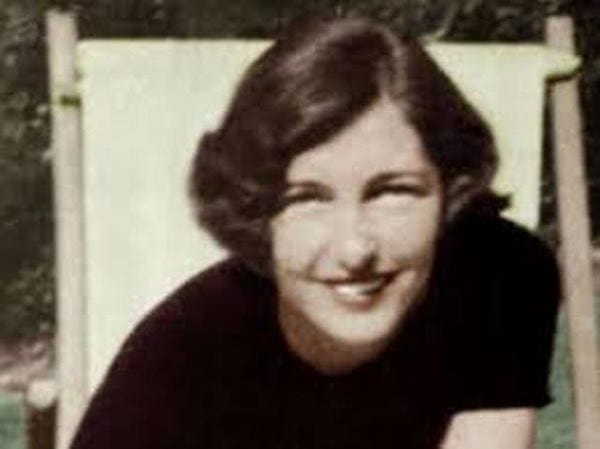
When she was still quite young, she entered a short-lived marriage before embarking on a relationship with Jerzy Gizycki, a diplomat whom she would marry in November 1938.
Not long after their marriage they embarked on their travels which took them to Africa where Gizycki would hold a post in the Polish consulate of Addis Ababa.
Meanwhile, the threat of war loomed large in the heartlands of Europe and not long afterwards, whilst the young couple were still in Ethiopia, Germany invaded Poland.
Upon hearing the news of the German invasion of her country, Skarbek and her husband travelled to London where she would offer her services as a spy.
This however was most irregular and against normal procedure as all other members of the service were recruited. Krystyna however was able to arrange a meeting with George Taylor of MI6 and convince him of her usefulness before divulging a plan which she had concocted to travel to Hungary.
As part of her proposed mission, she outlined how she would travel to Budapest, which was at the time still officially neutral, and produce propaganda to disseminate before skiing across the Tatra mountain range to enter Poland where she could open up lines of communication.
An accomplished skier, she planned to use her friends in the local area to assist her in undertaking missions to help the resistance fighters in Poland.
Such an elaborate plan was met with some degree of scepticism as well as intrigue, however Taylor of MI6 was impressed by her patriotism and adventurous spirit and thus recruited her as the first female spy.
By December 1939 Skarbek was embarking on her proposed mission to Budapest where she would meet fellow agent, Andrzej Kowerski, a Polish war hero who had lost his leg. The two would instantly connect and start an affair which lasted for many years, on and off, leading to the disintegration and conclusion of her marriage to Gizycki.
Whilst their passionate affair would last, they would never marry and her dedication to her undercover work never faltered.
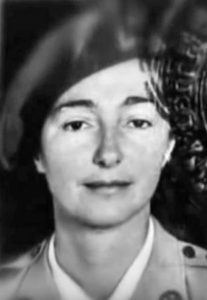
She did make it across the border and into Poland. There Krystyna was able to locate her mother who was facing a great threat to her life as a Jewish aristocrat in Nazi occupied territory. Sadly, her refusal to give up teaching in a secret school meant that she would be seized by the Nazis, never to be heard of again.
In 1939 Krystyna made several important journeys, skiing in and out across the Polish-Hungarian border to bring back intelligence as well as money, weaponry and even people.
Her activities however had been noted by the relevant authorities and a reward for her capture was offered across Poland.
Her intelligence work was vital and she was able at this time to assemble information and gain photographs of German troops on the Soviet Union border at a time when the two powers had supposedly agreed to a non-aggression pact.
However in January 1941 both Krystyna and Andrzej were discovered by the Gestapo and arrested in Hungary.
Whilst facing a precarious fate, two days into their interrogation, Krystyna decided to bite her tongue so that she began to produce blood in her mouth, indicating to her captors that she might be suffering from TB. Both Krystyna and Andrzej were released after suspicions that they were suffering from tuberculosis which is extremely contagious.
Upon their release they were given British passports and new identities: she became known as Christine Granville whilst Andrzej adopted the name Andrew Kennedy. She would keep this name after the war when she became a naturalised British citizen.
They were smuggled out of Hungary and into Yugoslavia and then, hidden in the boots of two cars, they fled Nazi occupied Europe and eventually made it safely to SOE headquarters in Egypt.
Upon their arrival, the British would remain suspicious of the pair until an investigation ruled out the possibility of them being double agents.
Christine remained a useful cog in the British intelligence network as her prediction of a German invasion of the Soviet Union came true, leading Winston Churchill to remark that she was “his favourite spy”.
The British now had the opportunity to use her acumen to their advantage but were also acutely aware that they did not want to lose her in the field. After completing work in Cairo where she was trained on the wireless, in July 1944 she was found herself on a mission, this time in France.
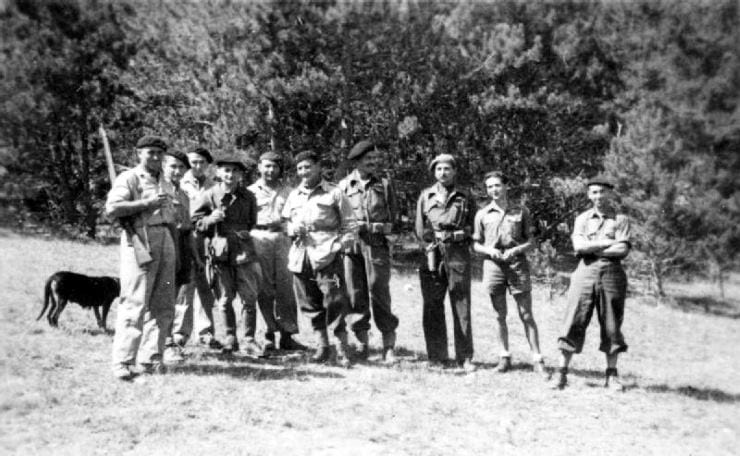
After being parachuted into Nazi-occupied territory in the south of France, her role was to help with the French resistance activities before the Americans were able to launch a ground invasion.
She would act as second-in-command to Francis Cammaerts who had been in charge of all clandestine affairs in the region. Together they would travel through Nazi-held territory, keeping the lines of resistance communication open and even managing to escape a German offensive by hiking almost 70 miles to escape the carnage.
At this time, Granville had earned a reputation for her composure and cool-head, particularly when faced by a number of real threats. Whilst she was acting under another code name, Pauline Armand, Granville had been stopped at the Italian border by German officers who forced her raise her arms which at this point revealed two grenades under each arm ready to be dropped by her if they did not run. The response of the German soldiers was to flee rather than have her kill all of them there and then.
Her resourcefulness earned her a great reputation for bravery which was in evidence again when she successfully rescued resistance compatriot Cammaerts and two other agents from the Gestapo.
With nerves of steel, she approached the German police as a British agent and niece of General Montgomery, claiming to have the authority to secure their release or else, threatening the Gestapo that they would face reprisals if her agents were executed as the British offensive was imminent.
With the assistance of a Belgian liaison as well as a bribe of two million francs, Christine was able to secure their release: Cammaerts and the two fellow agents walked free.
Her daring exploits, more reminiscent of a movie scene than real life, would earn her the George Medal and OBE from the British as well as the Croix de Guerre from the French who honoured her immense bravery.
This would be her last mission as the war came to an end and the Germans were defeated.
Sadly, her post-war life would prove to be less successful as she found it difficult to adapt to her new life, and in very little time her half-salary of severance pay from the SOE was stopped.
By this point she was keen to become a British citizen, however the application process was slow and she would have to wait until 1949.
She lived in a house run by the Polish Relief Society whilst she looked for regular work. In the meantime, she was forced to take relatively menial employment as a housekeeper, shop girl and switchboard operator.
Her desired career of working in the diplomatic service was not to be: after applying to work for the British United Nations mission in Geneva, she was turned down for not being English.
Now without regular employment she found herself working on a cruise ship as a stewardess where she caught the interest of fellow ship worker, Dennis Muldowney.
Her beauty undiminished, she easily attracted prospective partners, including none other than the British spy novelist, Ian Fleming. It was said that the two embarked on a year-long romance, with Fleming said to have used Christine as inspiration for his James Bond character, Vesper Lynd in “Casino Royale”.
Sadly for Christine, her eventful life, beauty and intrigue would lead to jealousy from many of her fellow crew members.
Meanwhile, Muldowney developed an unhealthy obsession with her and began to stalk her after she returned to London.
On 15th June 1952, Christine left her hotel room ready to embark on a trip with her long-time lover Kowerski. Upon seeing her bags packed, Muldowney confronted her and when she explained he proceeded to stab her in the chest, killing her in the hallway.
Muldowney later pleaded guilty to her death and was hanged ten weeks later.
Christine Granville was buried in a Roman Catholic cemetery in London a few days after her death, leaving behind a great legacy.
Christine’s bravery had been instrumental in saving countless lives and keeping the resistance movement throughout Europe sustained during the most difficult times of the war.
Jessica Brain is a freelance writer specialising in history. Based in Kent and a lover of all things historical.
Published: 27th April 2022.
